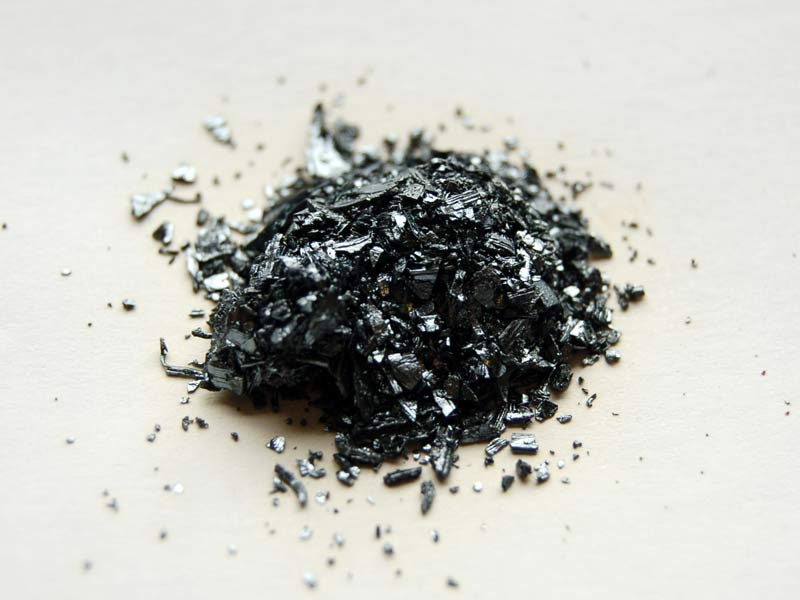The thyroid gland and the importance of iodine
The thyroid is a soft, butterfly-shaped gland that lies wrapped around the windpipe below the Adam’s apple. Its job is to secrete thyroid hormones that help regulate metabolism – in other words, the many chemical processes that keep our bodies ticking over.
The thyroid gland manufactures two essential hormones – thyroxine (also referred to as T4) and triiodothyronine (also referred to as T3). In normal health most T3 circulating in the blood stream has been converted from T4. Both T4 and T3 have the same action on cells of the body but T3 is more potent. T4 mostly functions as a reserve for T3. Together these two similar hormones are called thyroid hormone.
Thyroid hormone regulates the metabolic rate of almost all the cells of the body, and influences the health of the heart, brain and bones. It is also needed for normal development of the brain in children and for normal reproductive functioning.
In Australia there are about 60,000 new cases of thyroid disease each year. Some people have a problem with how the gland functions: it may produce too much or too little thyroid hormone. Others have problems with the structure of the gland itself, where it becomes enlarged, lumpy, and/or inflamed.
The importance of iodine
The thyroid makes thyroid hormone from an amino acid called tyrosine that we get from proteins in our diet. But it also requires a regular supply of iodine from our diets. Adults need about 150 µg (micrograms) each day and 200 – 250 µg during pregnancy and breast-feeding.
Iodine is found in most foods and is especially prevalent in seafood and dairy products. It’s often added to foods in the form of iodised salt too. However, some mountainous areas have soil that is low in iodine. As a result, foods grown there are iodine deficient.
Iodine deficiency was considered to be rare in Australia, occurring only in areas like Tasmania and along the Great Dividing Range where the soils are low in iodine. However mild iodine deficiency has re-emerged as a health concern in recent years particularly in New South Wales, Victoria and Tasmania, and especially in pregnancy.
In response, legislation was passed in 2008 requiring that salt used in commercially-baked bread in Australia and New Zealand must be iodised. The only exception is organic bread. The WHO advocates universal salt iodisation but this policy has not been adopted yet in Australia.
Iodine Deficiency
There are many areas around the world which are deficient in iodine and iodine must be added to the diet — usually through salt. In the USA the area around the Great Lakes used to be known as the goitre belt because the soil is particular iodine-deficient. This resulted in higher incidence of goitre in this area. However, earlier in the 20th century iodized salt was introduced. This almost wiped out iodine deficiency in the USA entirely.

